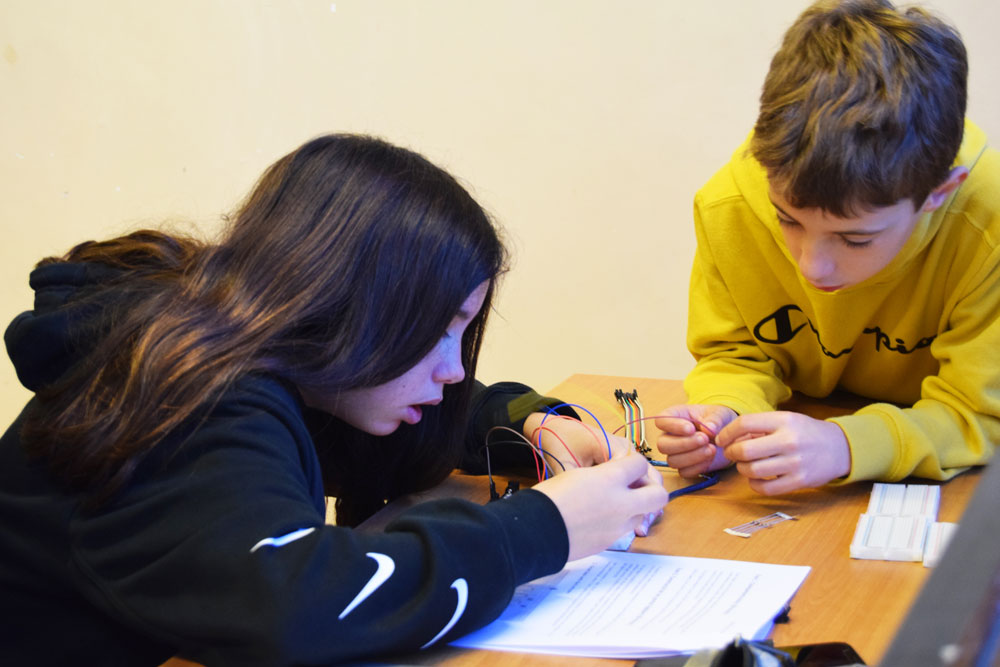Everyday there are more and more countries committed to introducing children to science and technology through a new practical and playful learning model that fosters the development of the so-called STEAM skills.
While we already talked about STEM fields in the 90s, this idea has evolved over the last years and has added the creative, open and innovative component of Arts, so little by little we have stopped talking about STEM and we have started to talk about STEAM (Science, Technology, Engineering, Arts and Maths).
The importance of focusing on the development of STEAM skills in early years is due to different factors. First of all, it is impossible to ignore the great demand for highly qualified professionals with technical careers who need to have these skills, a demand which is often hard to cover due to the lack of STEAM education in most countries. This trend in the professional world will continue to grow over the next years, so it is really important to promote interest in STEAM fields amongst children and get them ready for the future ahead of them, which will be closely linked to technology.
However, it should also be noted that STEAM skills are not only necessary for people willing to follow a technical career, as these abilities can be applied to any field in life and help developing other important skills such as creativity, innovation, logic and problem-solving capacity, among other examples.
Therefore, one of the main points about STEAM education is that it encourages the ability to think for oneself, when it comes to work in individual projects, and also to make decisions as a team when it comes to work in group projects. Whether it is individually or collectively, students are forced to experience, to do and undo their projects, to seek for different ways of achieving the results they want and to use all their ingenuity. In essence, it is a kind of work that helps them getting better at solving problems of any kind – in other words, STEAM education helps students to develop their computational thinking.
There are many different ways to work and develop STEAM skills, but at Codelearn we do that through programming and robotics. When we learn programming and robotics, we also work on Maths, which we need to program, electronics and mechanical notions while we build some robots or the creative component of Arts when it comes to design a video-game and its narrative thread, for example.

